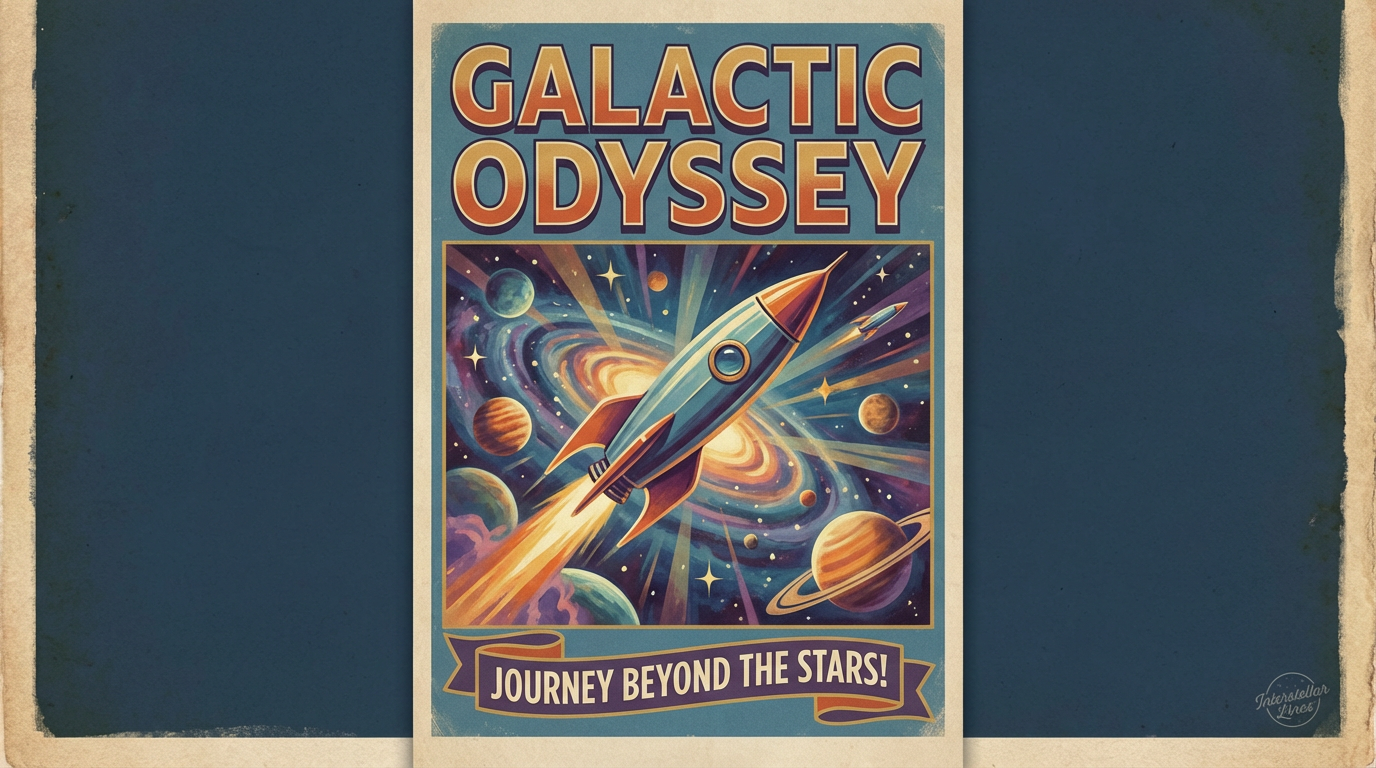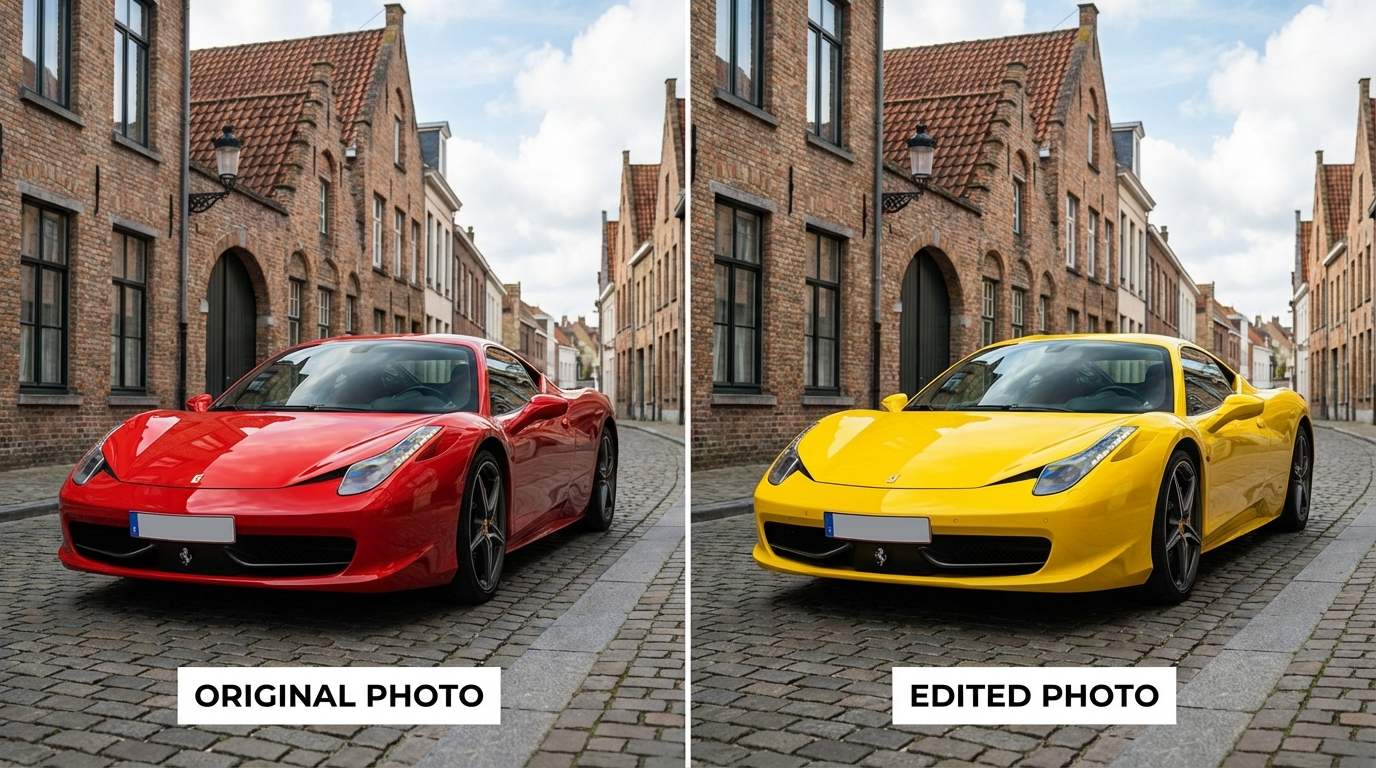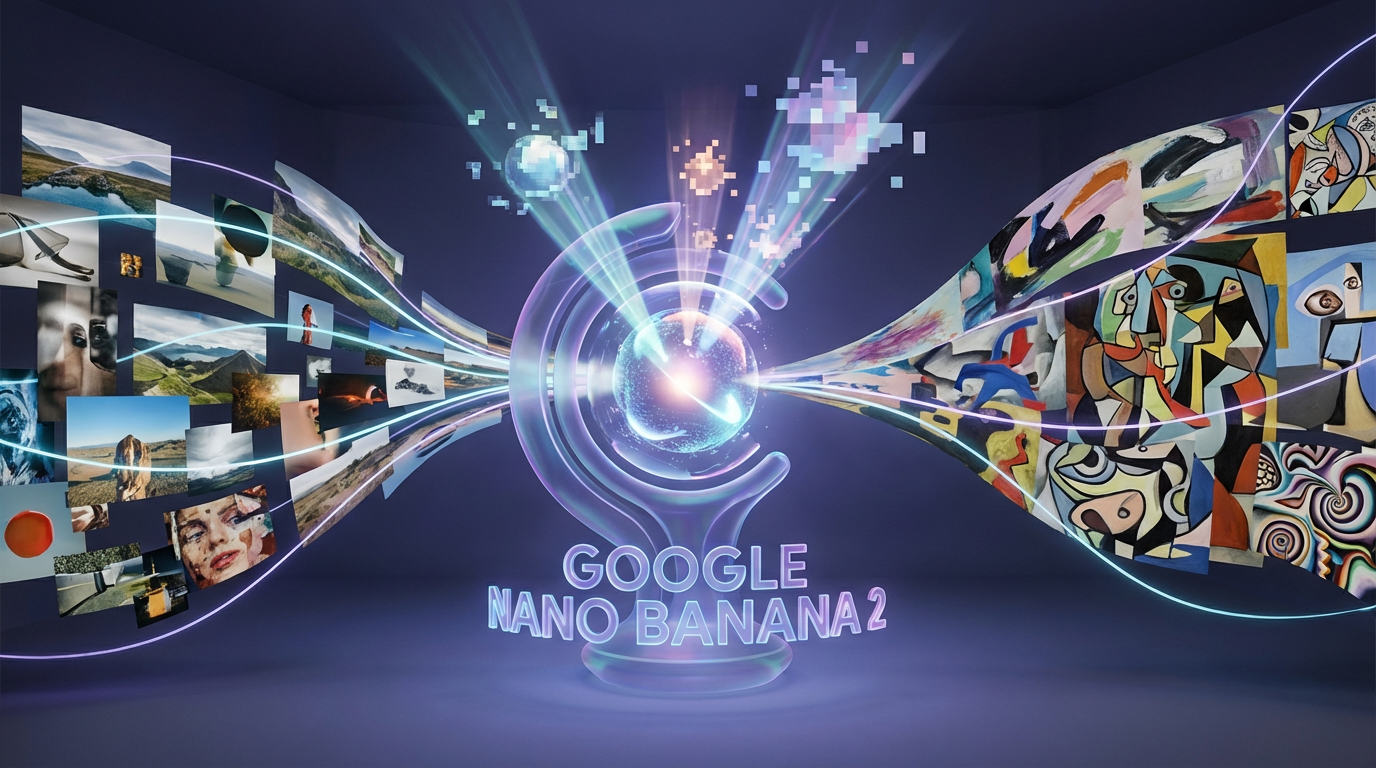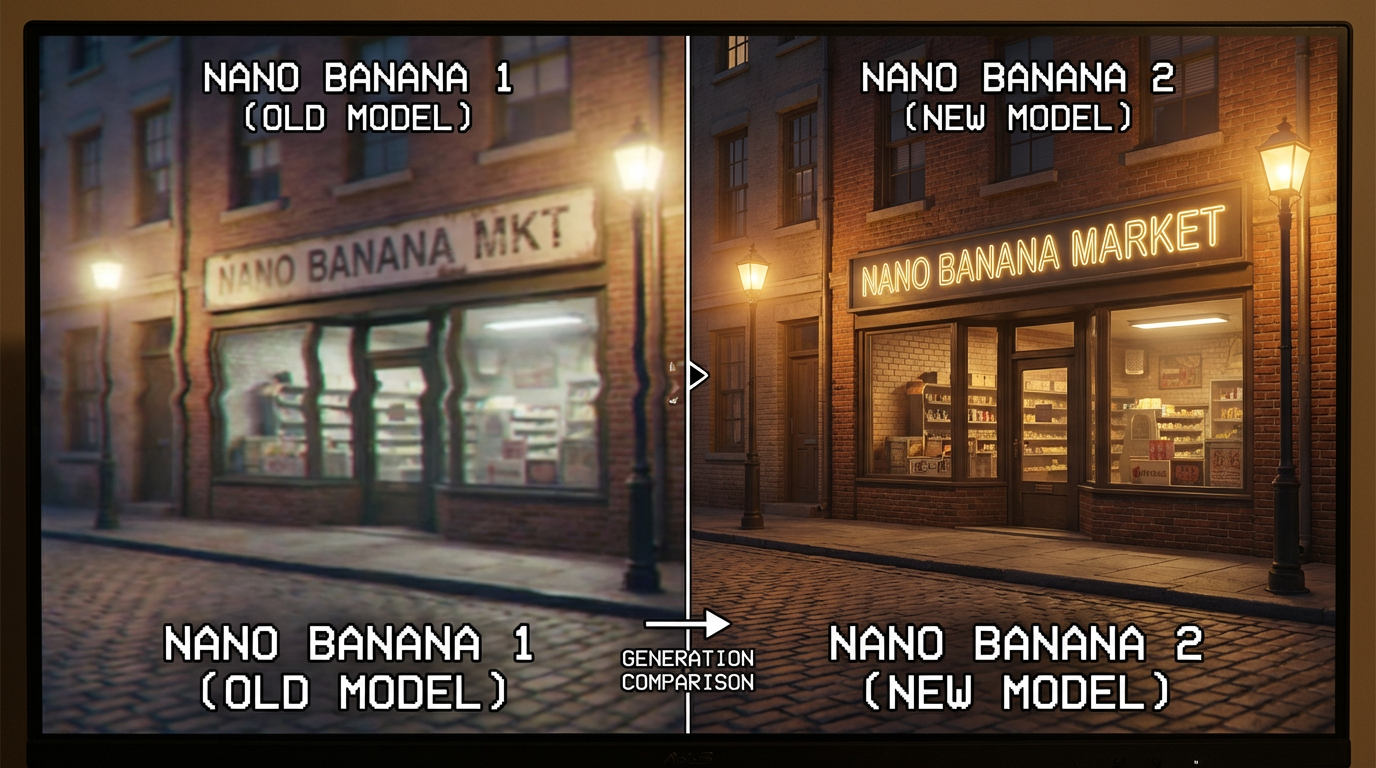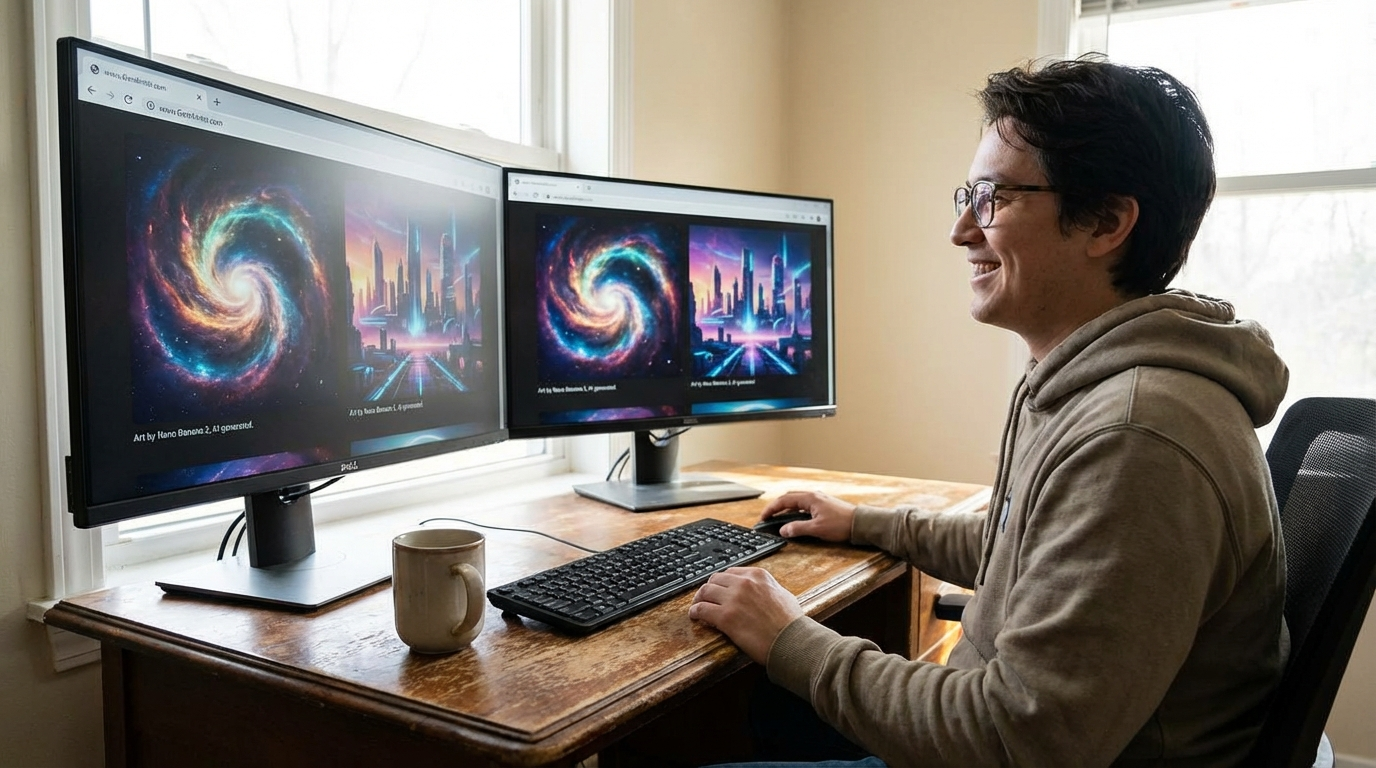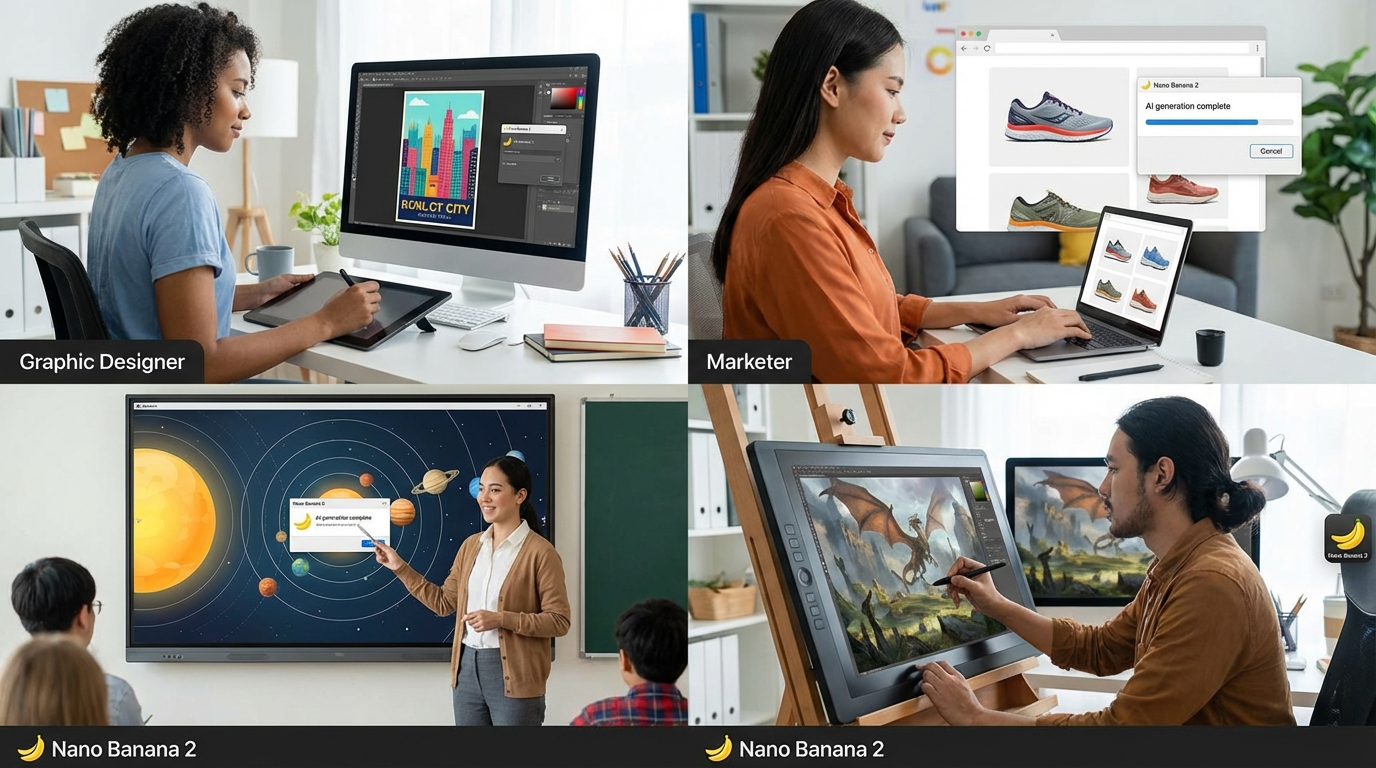Introduction: Google's Next-Gen Image Model
Google's Nano Banana 2 is the latest advancement in AI image generation and editing. Released on November 20, 2025, this new model builds upon the original Nano Banana 1 with significant upgrades in image quality, intelligence, and versatility. It represents a shift from a simple fast image generator to a more reasoning-driven visual AI that understands context and produces more professional-grade results.
In this overview, we'll explore Nano Banana 2's key features and how it compares to Nano Banana 1. From ultra-high resolution outputs to improved understanding of prompts, Nano Banana 2 brings a host of enhancements that empower creators and professionals alike. Whether you're a beginner or a seasoned artist, knowing what Nano Banana 2 offers will help you take full advantage of this cutting-edge model on platforms like GenAIntel.
Key Improvements in Nano Banana 2 Over Nano Banana 1
- Higher Image Resolution & Quality – Nano Banana 2 supports native 2K resolution and can upscale images to 4K. In contrast, Nano Banana 1 was limited to roughly 1K (1024×1024) images. With Nano Banana 2, your creations have sharper details, richer colors (16-bit color depth), and print-level clarity suitable for professional use.
- Logical Reasoning & Context Awareness – The new model has a “brain and hand” dual system (Gemini 3.0 Pro architecture). It can analyze and plan an image in multiple steps (like a human would) before drawing, enabling it to handle complex prompts involving spatial relationships or physics. Nano Banana 1 often struggled with logical scenes, while Nano Banana 2 can correctly render things like reflections, sequences of objects, or cause-and-effect in an image.
- Accurate Text Generation in Images – One of Nano Banana 1's biggest limitations was text: it often produced jumbled or unreadable letters on signs or interfaces. Nano Banana 2 fixes this with a breakthrough in text rendering. It can generate clear, legible text (e.g., on posters, signs, or product labels) with near-typographic precision. This hugely reduces the need for manual editing of AI images that include text.
- Enhanced Editing Capabilities – Beyond text-to-image creation, Nano Banana 2 is also a powerful image editing model. It can take an existing photo and remix or transform it based on a prompt – for example, changing the style of a photo, adding or removing objects, or altering the scene entirely while keeping key details. This means you can use Nano Banana 2 not just to create images from scratch but to edit and enhance your own photos with simple instructions.
- Consistent Style and Character Control – Nano Banana 1 was valued for keeping characters or styles consistent across images, and Nano Banana 2 improves on this. With its advanced prompt understanding, it offers finer control over details like character faces, lighting and camera angles. You can maintain a coherent look across multiple images or refine an image step-by-step through conversation (a new iterative prompt refinement workflow), which is much harder to do with the older model.
- Faster and Smarter Generation – Despite its more sophisticated processing, Nano Banana 2 is optimized to generate images in about 10 seconds for complex prompts, comparable to (or even a bit faster than) Nano Banana 1's typical 12–15 seconds on heavy tasks. The model's smarter planning means you get more accurate results in one go, saving time that might otherwise be spent on trial-and-error prompting.
These upgrades make Nano Banana 2 a game-changer. Google has already begun integrating Nano Banana 2's technology (also known internally as Gemini 3 Pro Image) into products like the Pixel phone (for on-device AI photo editing and generation) and Google Photos. On GenAIntel, Nano Banana 2 is available from day one, allowing users to experiment with its new capabilities immediately. You can even run Nano Banana 1 and 2 side-by-side on GenAIntel to directly observe the differences in output quality and behavior.
In summary, Nano Banana 2 delivers a major leap in image generation – from higher fidelity visuals and reliable text to a deeper understanding of your creative intent. For anyone who found the first Nano Banana limiting, version 2 opens up new possibilities, making it easier to create stunning visuals and edit images with intelligence and ease.

